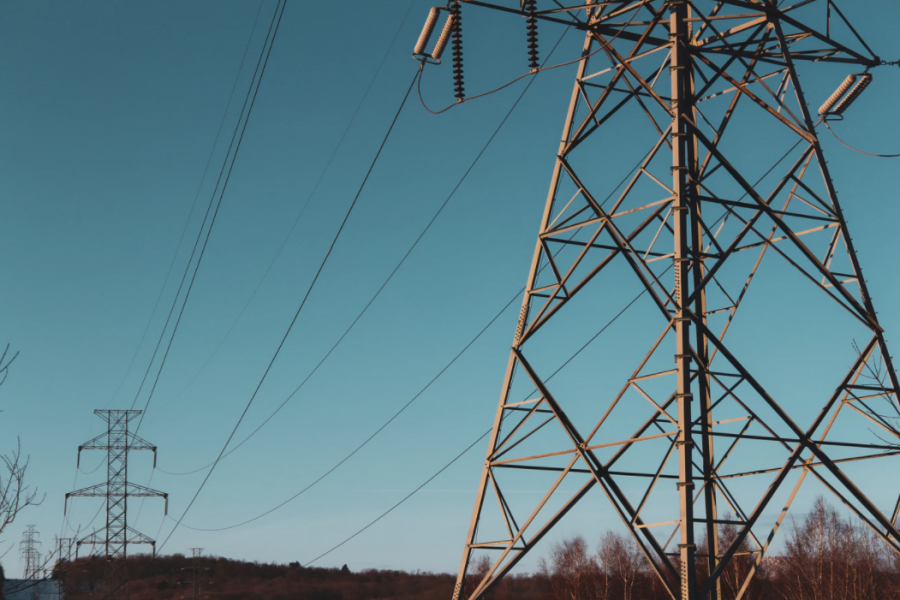Whether it’s a hurricane, an ice storm, or rolling blackouts in the summer, it pays to have a generator. However, if your generator isn’t maintained, it may not come through for you when you need it most.
Generator maintenance involves a few easy-to-perform tasks every month. The fact is, maintaining your generator is just as important as choosing the right generator. The good news is that maintenance is usually fast, simple, and inexpensive.

Know the Different Types of Generators
Generators are an investment in your home and your family’s safety, so it pays to know what you need before spending any money. There are three types of basic generators: whole house, portable, and inverter generators. You’ll need to consider the different types with your needs and your budget in mind. Also, different generators require different types of fuel—either gasoline, diesel, or propane. The type of generator you have will influence the type of care it needs.
Read the User Manual
Every brand of generator has its unique features and maintenance requirements. Be sure to read and understand your generator’s user’s manual well before the power goes out. The maintenance your specific generator needs will be laid out in the user’s manual.
General Generator Maintenance
Essentially, a generator is an engine, and thus, it requires similar care as your car’s engine. It needs regular oil, coolant, and filter changes. Every month, check all of your generator’s fluid levels and its filters. Typically, change the oil after 100 hours of use, especially for a diesel generator.
Diesel fuel can degrade over time, causing clogged fuel lines and filters, so pay extra attention to these if your generator runs on diesel.
Also, check any belts and ensure that the air intake is not blocked. Finally, clean off any dust or dirt, and for whole-house generators, sweep away any fallen leaves, snow, or other debris.
Generators Need Fuel
Your generator will not run without fuel, so you need to keep that on hand. Gasoline begins to degrade within a month, and you should avoid using gasoline once it’s more than 6 months old. Keep in mind, diesel fuel can degrade too, due to water and microbes, so proper fuel storage is essential.
If your generator runs on propane, the best place to store the extra tanks is outdoors, in a well-ventilated shed. If you’re in a desert location, don’t store your propane tanks where temperatures could exceed 120 degrees Fahrenheit.
With proper forethought and care, a generator could help you and your family get through a natural or civil disaster more safely and easily.